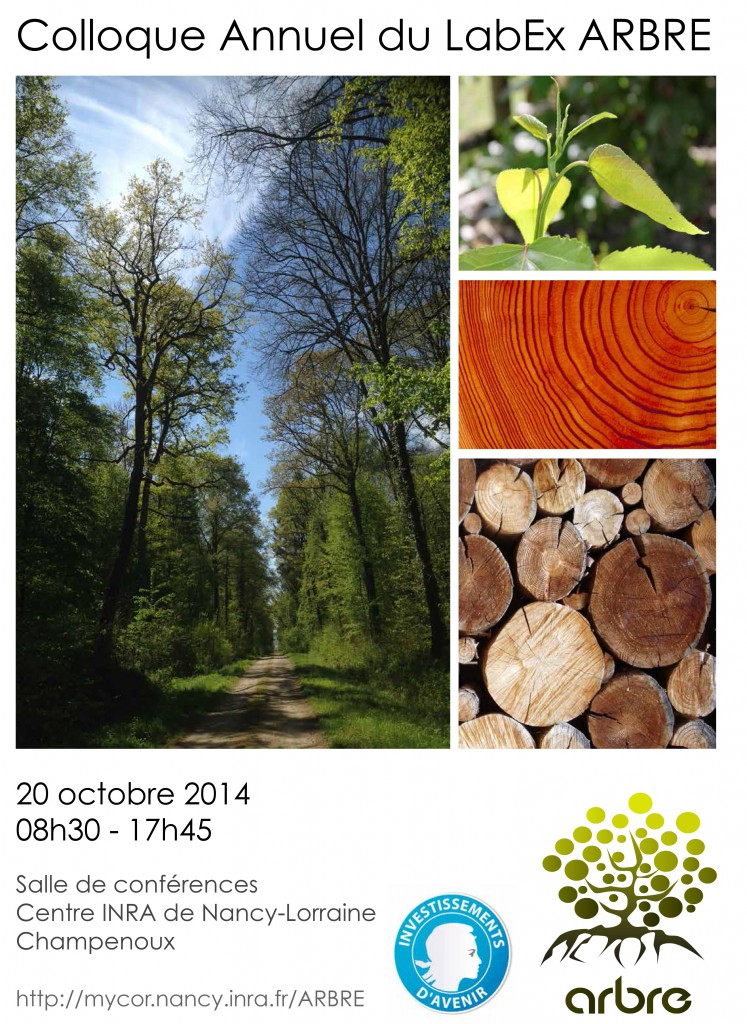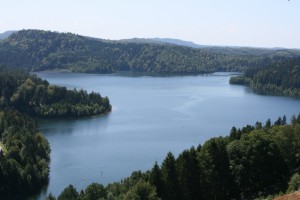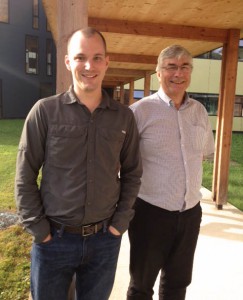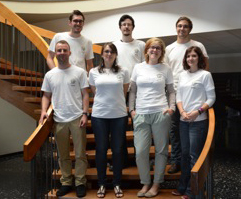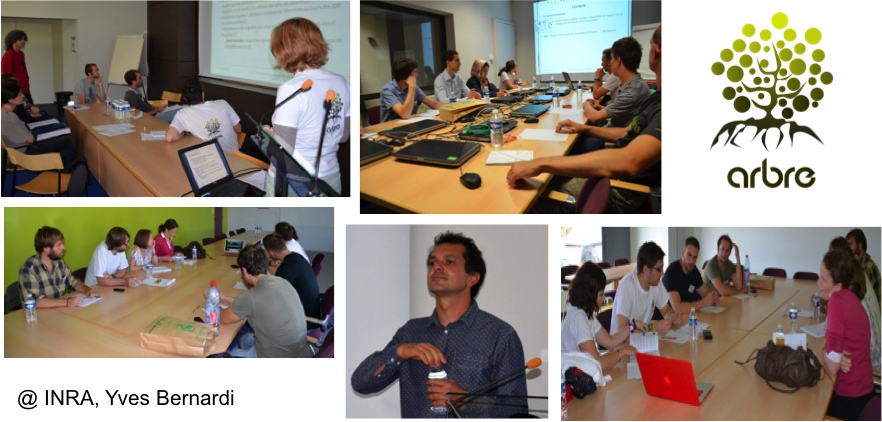 The joint research unit on Tree/Microorganism Interactions (UMR IAM) will host its first workshop on oak genome annotation
The joint research unit on Tree/Microorganism Interactions (UMR IAM) will host its first workshop on oak genome annotation
INRA Nancy-Lorraine Center
5-7 November 2014
________________________
The pedunculate oak Quercus robur genome was recently successfully sequenced by the joint research unit BIOGECO at the INRA Pierroton Center in collaboration with GENOSCOPE (CEA – Evry) and several French teams working on the ANR project GENOAK. This sequencing represents a first for the oak genome, an important event in forest genomics, for an important tree species in French forestry research.
This upcoming oak genome annotation workshop hosted by IAM will gather 30 French and foreign scientists studying genes of interest within the genome related to specific characters of the pedunculate oak (or French oak). The purpose of this workshop is to provide these concerned scientists with the necessary tools and methods to validate some 50,000 genes identified in this genome through the use of bioinformatics techniques (such as image and signal processing). The joint research unit on Tree-Microorganism Interactions, with support from LabEx ARBRE to organize this workshop, will draw on its expertise in eukaryotic genome annotation to contribute to future analysis of this genome.
To read more about the project GENOAK : https://w3.pierroton.inra.fr/QuercusPortal/index.php?p=OAK_GENOME_SEQUENCING
Contact : Christophe Plomion (plomion@pierroton.inra.fr)
Photo credit : Antoine Kremer – INRA Pierroton



